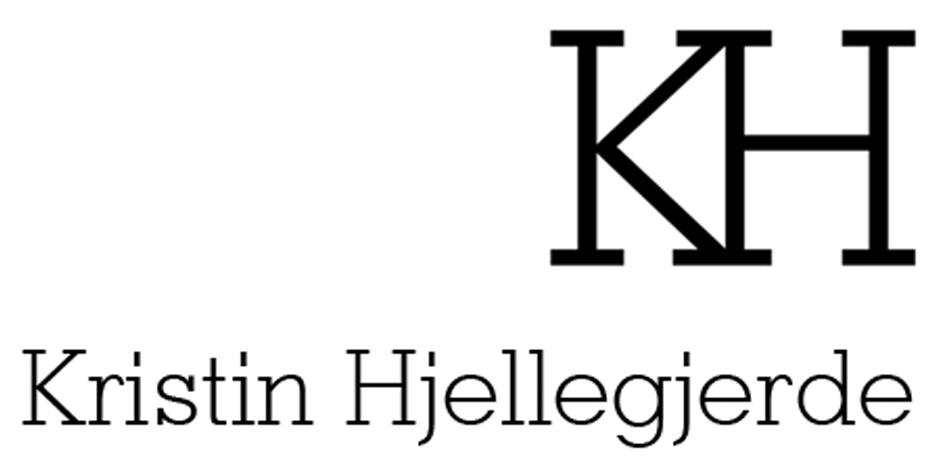-
Rufai Zakari - A New Dawn
-

-

-
Enquire
-
 Rufai Zakari, Chelsea I, 2021
Rufai Zakari, Chelsea I, 2021 -
 Rufai Zakari, Zekula (Togetherness), 2021
Rufai Zakari, Zekula (Togetherness), 2021 -
 Rufai Zakari, Chelsea II, 2021
Rufai Zakari, Chelsea II, 2021 -
 Rufai Zakari, Alhamdulillah (grateful to God), 2021
Rufai Zakari, Alhamdulillah (grateful to God), 2021
-
 Rufai Zakari, Sitting with Hope , 2021
Rufai Zakari, Sitting with Hope , 2021 -
 Rufai Zakari, Let’s Dance, Hope is Restored , 2021
Rufai Zakari, Let’s Dance, Hope is Restored , 2021 -
 Rufai Zakari, Comfort, 2021
Rufai Zakari, Comfort, 2021 -
 Rufai Zakari, “Wasila” The Lone Girl, 2021
Rufai Zakari, “Wasila” The Lone Girl, 2021
-
-
-
Throughout his career Zakari has been interested in how art can not only engage with social issues but also actively involve local communities. This initially led to the artist moving away from the traditional format of painting on canvas to painting graffiti on streets of cities in Ghana where he began to notice huge quantities of waste, particularly plastic materials, littering the urban environments. In an effort to engage with this issue on both a personal and social level, Zakari decided to begin incorporating these found objects - including plastic bags, food packages, water sachets and plastic bottles - into his work, imbuing them with beauty and new purpose. The artist invites women and children from the local community to collect and bring him plastics which he pays for, and he also employs individuals to help him wash, dry, compress, cut and fuse the scraps into the shapes required for his compositions. The pieces are then carefully arranged on top of the artist’s preliminary sketch, and stitched together to create a woven collage. Significantly, the stitch marks are left visible, drawing attention to all the different elements coming together to make a whole.
The portraits in this new series depict individuals, predominantly women and children, who were directly affected by the conflict in Bawku, but instead of portraying suffering, Zakari chooses to highlight the optimism of new generations by reimagining his subjects in strong poses, fashionable clothing and vibrant settings. Although he often works from photographs, the artist envisions a kind of alternative reality through which he aims to empower the individual by allowing them to see themselves from a new perspective. While the colour palette of each work is inevitably guided by the available materials, the artist pays careful attention to how each person is portrayed, and often asks his subject to choose their favourite colour so that some essence of their personality is captured in the representation.
-
At the same time, these latest works aim to document a brighter future for the wider community of Bawku, where the artist’s studio is now based. ‘Historically, Bawku has been deprived of so many basic livelihoods, including education, good healthcare, peace, freedom of movement, infrastructure development etc,’ says the artist. ‘Many of its youth, including me, had no choice than to flee in search for better options elsewhere in the country or abroad, but when I returned, I saw people being happy, children going back to school, a new sense of hope that had been missing for a long time.’ Zakari’s studio offers a creative sanctuary for locals to gather, take part in workshops and participate in the art making process, and the works in this exhibition are, in many ways, the result of a collaborative process. As such, the portraits can be seen as artistic documents of not only the individuals they depict, but also the town’s aspirations for the future.
While the works in A New Dawn are culturally specific on the one hand, they also serve as a vibrant celebration of community life and coming together in a more universal sense. In a similar way, the upcycling of waste into beautiful, unique pieces of art initiates a form of employment and environmental engagement on a local level whilst also highlighting how creativity can alter perspectives and enact meaningful social change. Above all, the exhibition heralds much-needed optimism, vitality and joy.
-
-
Rufai Zakari : A New Dawn
Past viewing_room

















